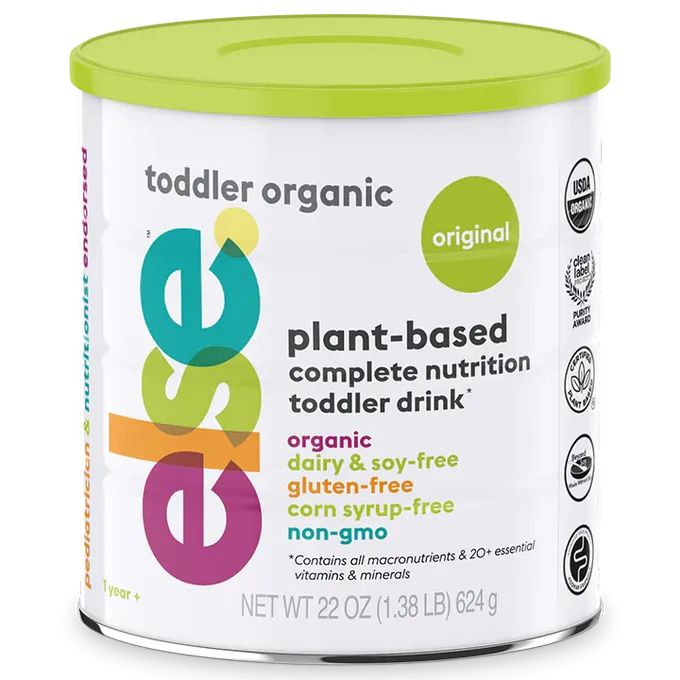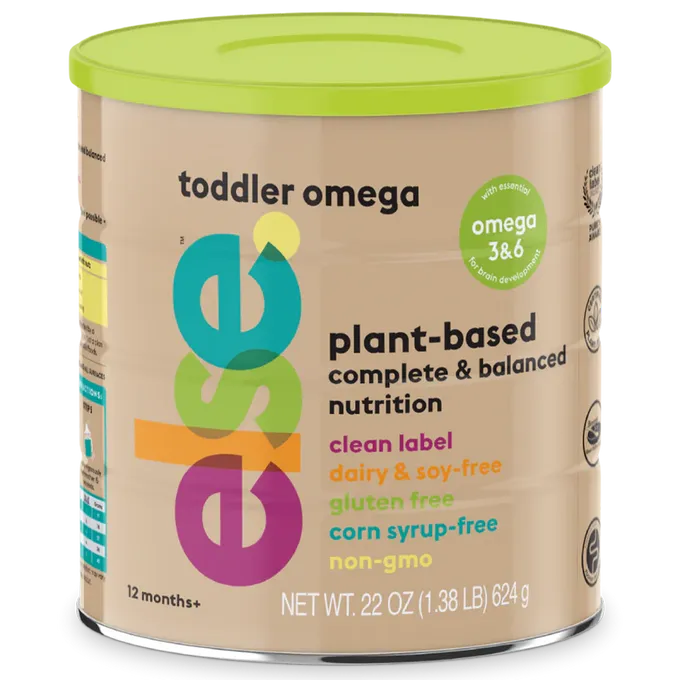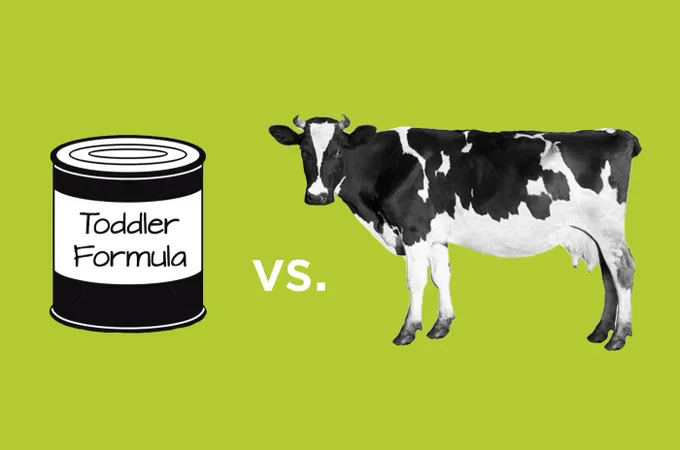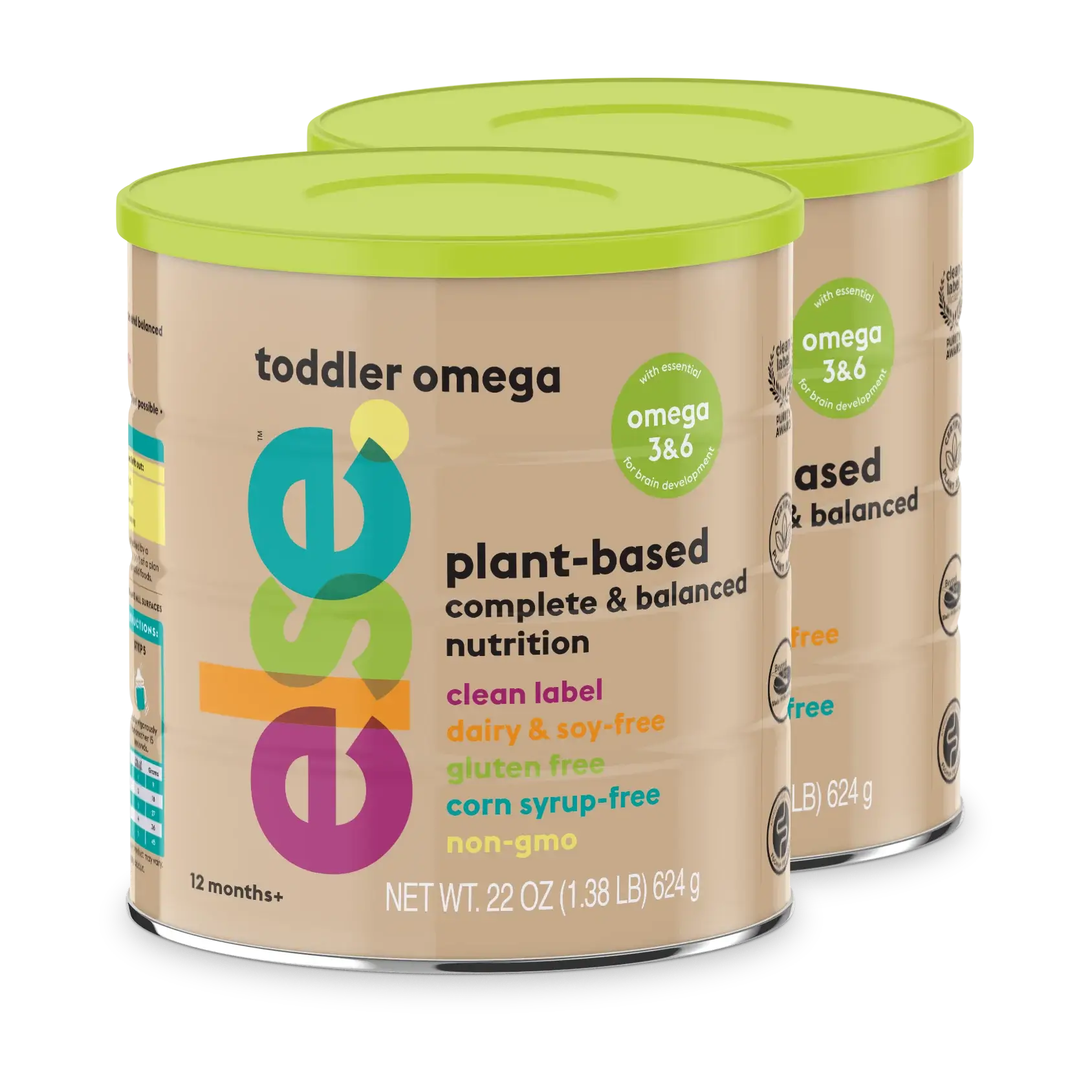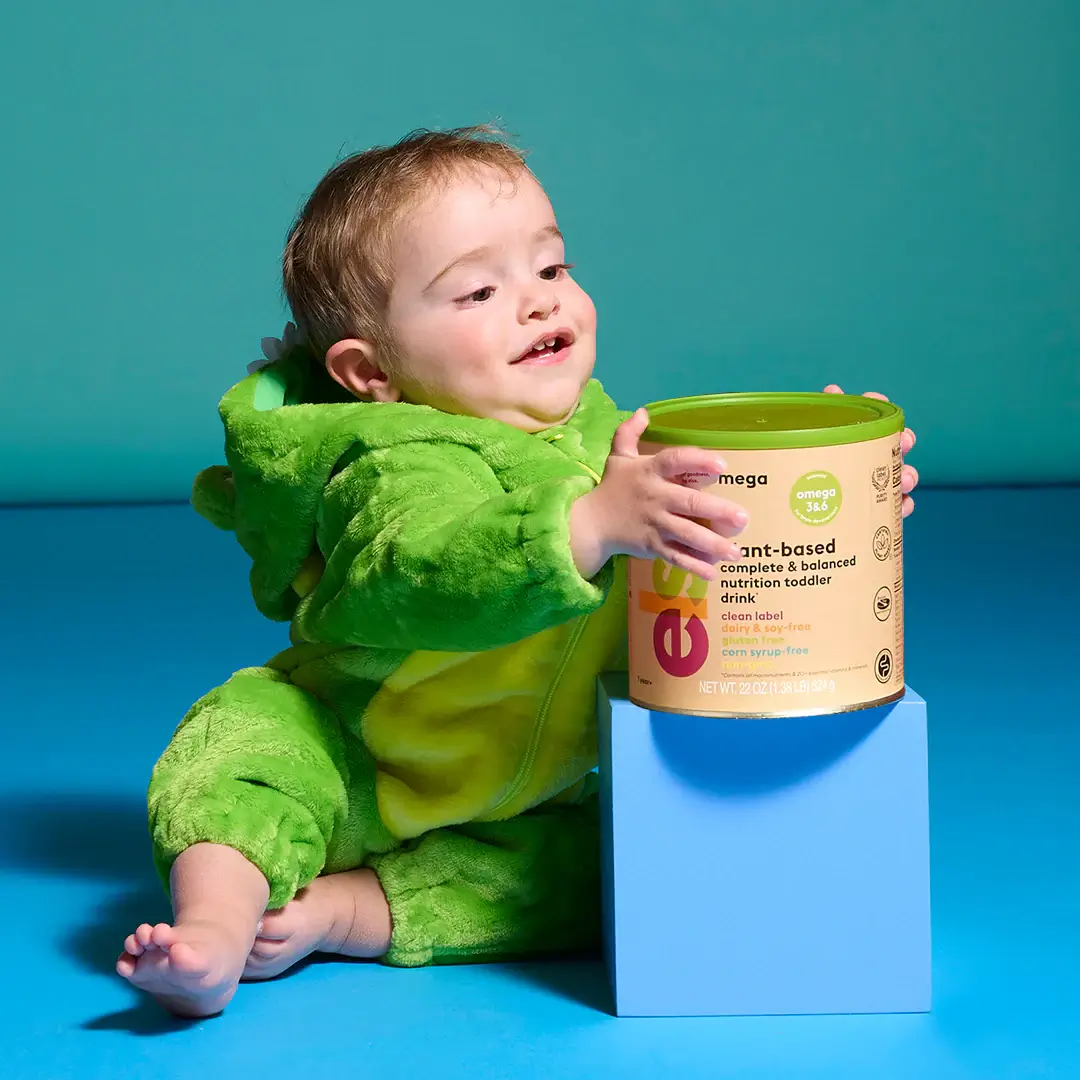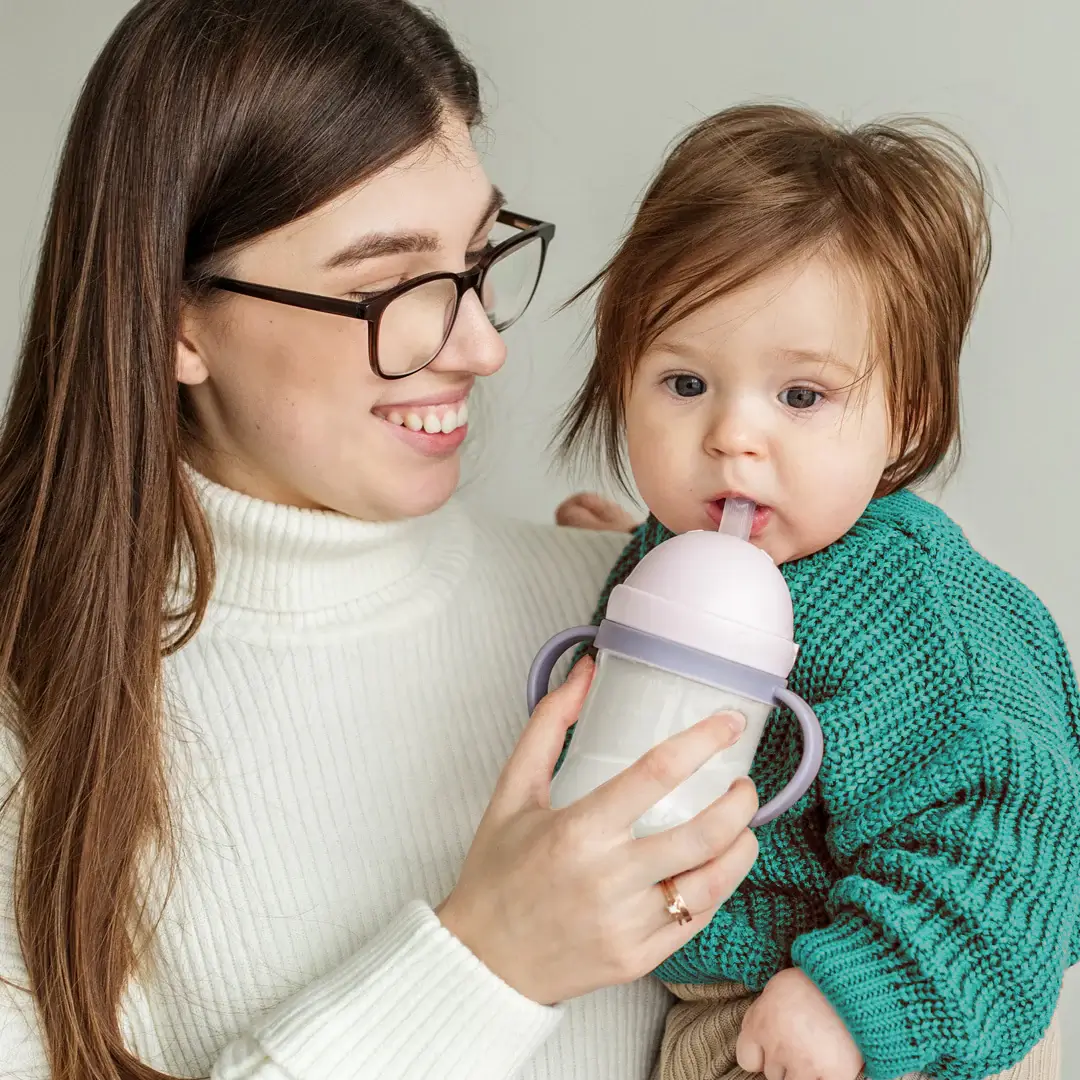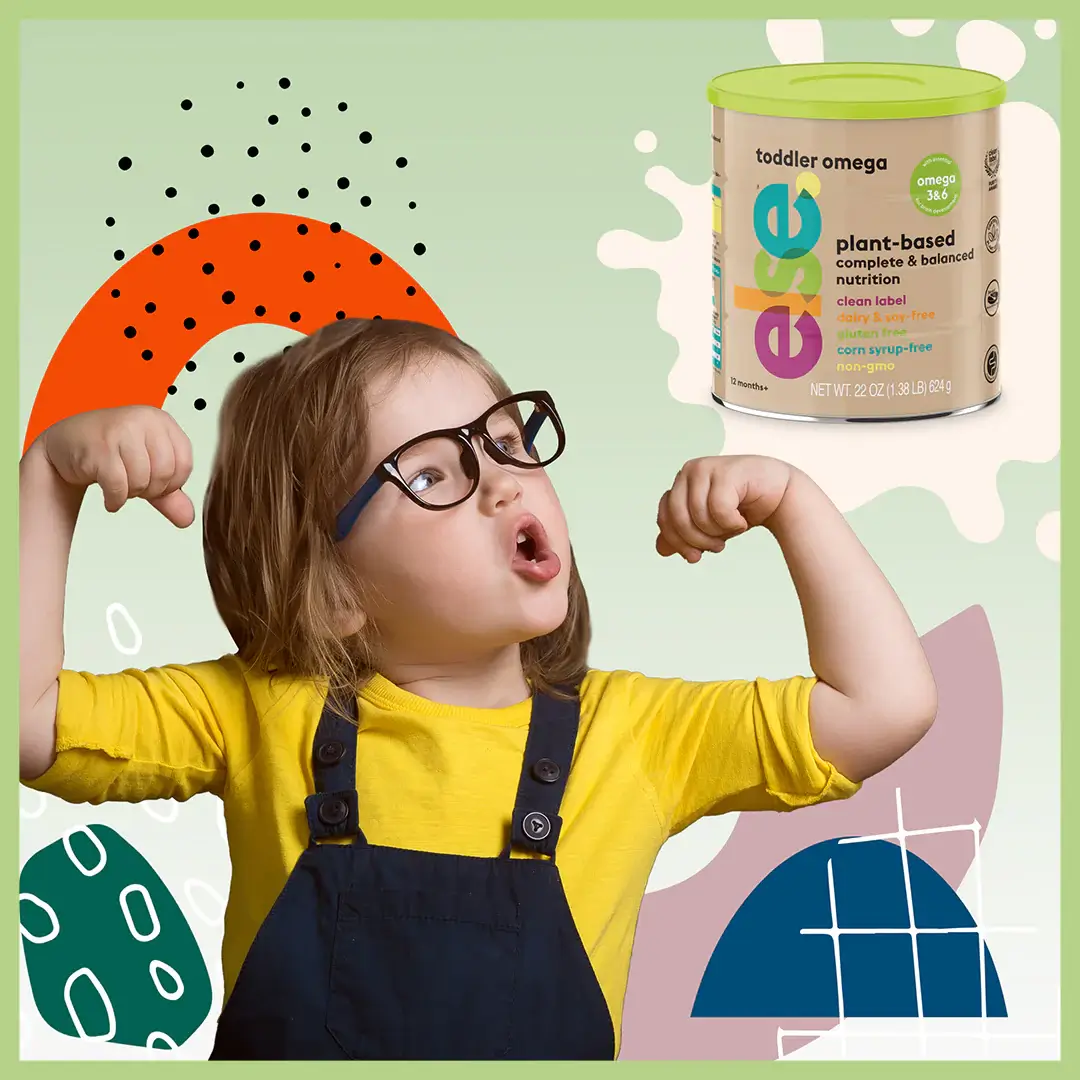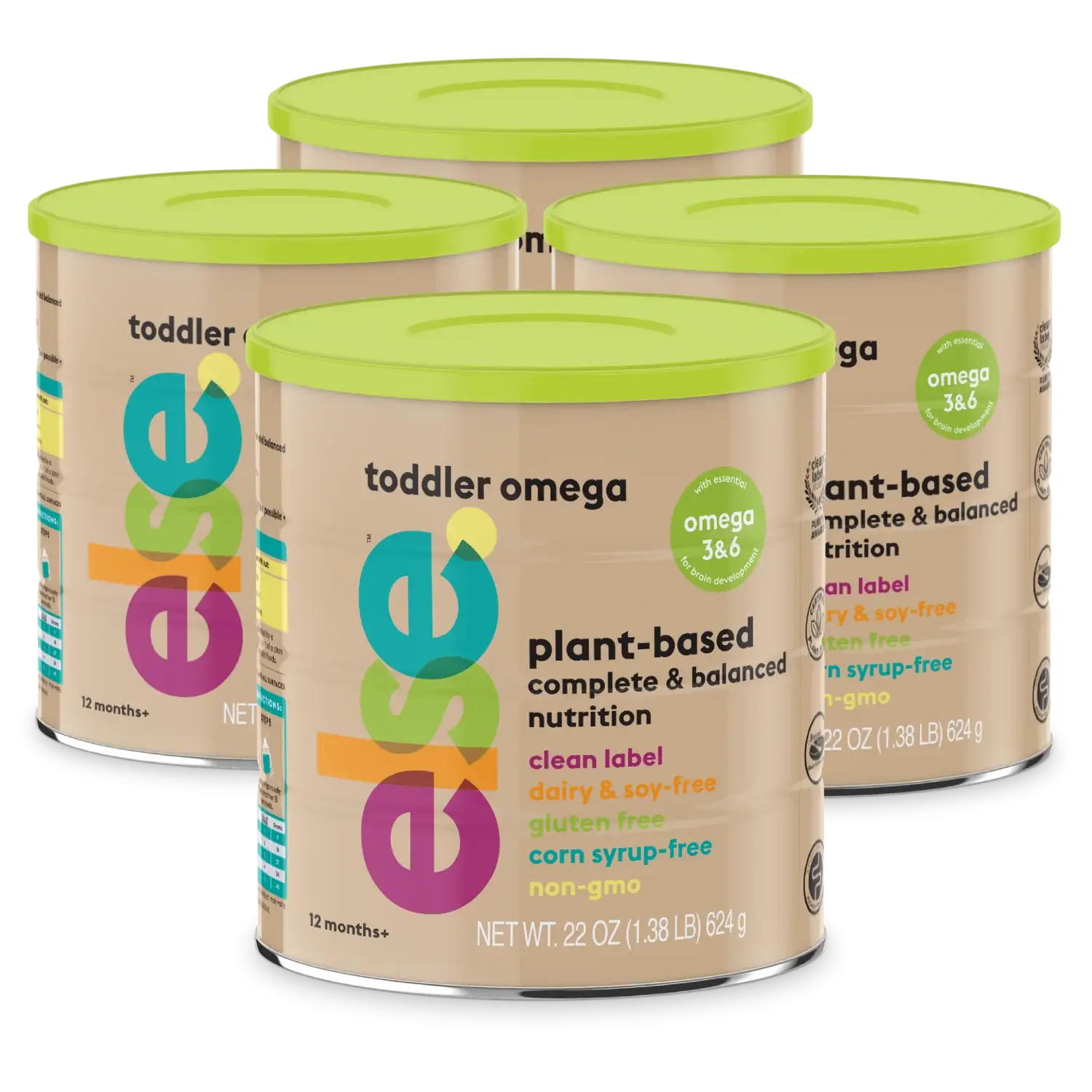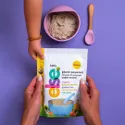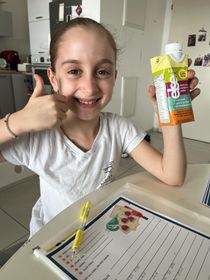Best Plant-Based Formula for Infants: Top 4 Choices for Your Baby’s Nutrition
Updated May 27, 2024

Discovering the best plant based formula for infants requires sifting through nutrition labels, ingredients, and dietary needs—until now.
We’ve done the legwork to bring you our top plant-based formula picks that fulfill stringent health and nutritional criteria.
Compared to cow's milk formula, plant-based options can be beneficial for infants who are allergic to or sensitive to cow's milk, offering a dairy-free alternative that supports your baby’s well-being.
Our guide ditches the fluff and zeroes in on what matters: your baby’s well-being. Expect to find clear, uncomplicated summaries that ease your decision-making process.
Top Picks for Plant-Powered Infant Nutrition
To help you navigate the world of plant-based infant nutrition, we’ve selected top picks in various categories:
Best Overall Plant-Based Formula for Toddlers: Else Nutrition Organic
Best for Lactose Sensitivity: Soy Isomil Infant Formula
Best Hypoallergenic Option: Enfamil ProSobee Soy-Based Infant Formula
Best for Toddlers Transitioning from Formula: Else Toddler Omega
Best Organic Soy-Based Formula: Earth’s Best Organic Soy Based Formula
These formulas are also suitable for infants with cow's milk protein allergy.
Now let’s dive into the details of each of these formulas.
Best Overall Plant-Based Formula for Toddlers - Else Nutrition Toddler Organic
Suitable for toddlers 12 months - 36 months
Free from dairy, gluten, GMOs, corn syrup and soy
Made with real whole food, USDA organic certified whole-food ingredients
Pros:
Suitable for infants with food sensitivities
Made with whole food ingredients for natural nutrition
Suitable for infants with cow's milk allergy
Cons:
Pricier than some other options
Best for Lactose Sensitivity - Soy Isomil Infant Formula
Suitable for infants with lactose intolerance
Vegetarian-friendly
Contains essential nutrients for immune and digestive health
Pros:
Vegetarian-friendly and suitable for infants with lactose intolerance
Contains essential nutrients for immune support and digestive health
Cons: This product is not recommended for preterm infants or infants with food allergies who are younger than 6 months old. It is important to consider other options that cater specifically to their needs.
The Soy Isomil Infant Formula, which has been safely given to infants for over 80 years, is a soy formula and an alternative to cow's milk-based formula.
The formula contains essential nutrients like nucleotides for immune system support and prebiotics for digestive health, which are significant elements for infant growth and development. However, it’s essential to note that Soy Isomil Infant Formula is not recommended for preterm infants or infants with food allergies before 6 months of age.
Best Hypoallergenic Option - Enfamil ProSobee Soy-Based Infant Formula
Soy-based formula
Designed for lactose-intolerant infants as an alternative to cow’s milk based formula, rice based infant formula, and soy based infant formulas
Aims to alleviate fussiness and gas linked to milk-based formulas
Pros:
Gentle on sensitive stomachs
Aims to alleviate fussiness and gas linked to milk-based formulas
Cons:
Potential risk for babies with soy allergies
Not ideal for infants with milk protein allergy
Enfamil ProSobee is designed to be gentle on sensitive stomachs, accommodating infants who are lactose-intolerant.
However, while this cow’s milk formula can benefit babies with lactose intolerance, it also carries a risk for those with soy allergies, including the potential for thyroid-related problems. It’s essential to be aware that approximately 60% of infants with cow’s milk allergy may also develop intolerance to soy protein, which is often seen in cases of cow’s milk protein allergy (CMPA).
Best for Toddlers Transitioning Off Infant Formula/Breast Milk
Suitable for toddlers aged 1-3 years
Made with over 80% whole food ingredients
Free from common allergens like dairy, gluten, soy, and corn syrup
Pros:
Crafted with over 80% whole food ingredients
Delivers comprehensive blend of essential nutrients
Suitable for toddlers with cow's milk allergy
Loaded with Omega 3 an 6 to support brain development.
Cons:
Contains almonds, so just check with your HCP before use.
Else Toddler formula organic is a stand-out choice for toddlers transitioning from formula. It’s crafted with over 80% whole food ingredients and delivers a comprehensive blend of essential nutrients. This formula can complement a diet that includes breast milk, cow milk, or solid foods, supporting a balanced dietary transition.
This formula is enriched with Omega 3 and 6 to support brain development.
However, as with any food or formula, taste can be subjective. Some users report that not all babies may favor the taste of Else Toddler.
Best Organic Soy-Based Formula - Earth's Best Organic Soy Based Formula
Specifications:
USDA Organic certified
Clean Label Purity award winner
Free from potentially harmful chemicals, artificial preservatives, colors, flavors, or GMOs
Pros:
USDA Organic certified
Winner of the Clean Label Purity award
Suitable for infants with cow's milk protein allergy
Cons:
Not all babies may favor the taste
For those seeking an organic option, Earth’s Best Organic Soy-Based Formula is a top pick. This formula has received the USDA Organic certification and the Clean Label Purity award, assuring the absence of artificial ingredients and ensuring food transparency.
However, it’s important to note that not all babies may favor the taste of Earth’s Best Organic Soy-Based Formula.
Navigating the World of Plant-Based Infant Formulas
Choosing the right plant-based infant formula involves considering various factors. Plant-based formulas are suitable alternatives for infants with cow's milk protein allergy. Let’s delve into understanding ingredients and nutrients, special dietary considerations, and certification standards.
Understanding Ingredients and Nutrients
When choosing a vegan formula, it’s crucial to look for components like DHA and lutein, significant in breast milk for brain and eye development. Certifications such as Clean Label can help ensure the formula contains only natural, familiar, and simple ingredients without artificial additives.
Careful inspection of ingredient labels can help identify potential allergens. Special attention is needed for ingredients like soy, which might not be suitable for infants with specific medical conditions. However, soy formula is a suitable alternative to cow's milk based formula for infants with specific dietary needs.
Labels on vegan baby formulas should provide clear information about the organic composition and confirm the avoidance of hormones, antibiotics, artificial colorings and flavors, and GMOs.
Special Dietary Considerations
Plant-based formulas free from common allergens like dairy and soy may improve digestion and reduce fussiness in babies with food allergies or intolerances. Certain hypoallergenic formulas, such as Enfamil ProSobee, are suitable for families with specific dietary practices such as vegetarianism or Kosher.
Earth’s Best Organic Soy-Based Formula offers a plant-based formula option for vegan families, avoiding most animal-derived ingredients. Plant-based formulas are also suitable for infants with cow's milk allergy. However, it can be challenging for parents to choose the right dairy-free, hypoallergenic, or lactose-free formula due to the numerous available options tailored for specific infant needs, including soy protein based formulas.
Soy protein formulas are often recommended for babies with severe lactose intolerance, galactosemia, or for families avoiding animal-based foods. However, if parents suspect their infant may have a soy allergy, it is important to consult a doctor, who can refer the child to an allergist for accurate diagnosis.
Certification and Standards
Else Nutrition’s formula has earned the Clean Label certification, assuring the absence of artificial ingredients and ensuring food transparency. Every batch of Else Nutrition’s formula undergoes nutritional and microbiological analysis to meet the highest safety standards.
The FDA’s regulations for infant formula include ensuring a baby formula contains minimum amounts of 29 different nutrients, providing assurance of appropriate nutritional content. In the US and Canada, soy-based formulas must meet regulations guaranteeing the same essential nutrients and caloric content as all other approved baby formulas.
For parents seeking the best nourishment for their babies, certifications and safety standards are crucial in identifying high-quality plant-based infant formulas. Plant-based formulas are also suitable alternatives for infants with cow's milk protein allergy.
Summary
In conclusion, choosing the right plant-based formula for your baby involves understanding ingredients and nutrients, considering special dietary needs, and understanding certifications and standards. Plant-based formulas are suitable alternatives for infants with cow's milk protein allergy. While the information can seem overwhelming, knowing what to look for can help you make an informed decision that suits your baby’s unique needs.
Frequently Asked Questions
What is a plant-based infant formula?
Plant-based infant formulas are alternatives to traditional milk-based formulas, catering to various needs, including allergies and vegan lifestyles.
What should I look for in a plant-based infant formula?
When choosing a plant-based infant formula, look for DHA and lutein, prioritize certifications like Clean Label, and consider any special dietary requirements your infant may have. This will ensure your baby gets the necessary nutrients from the formula.
Are plant-based infant formulas safe?
Yes, plant-based infant formulas are safe as they must meet the same regulations and nutritional requirements as all other approved baby formulas.
Are there organic plant-based infant formulas?
Yes, there are organic plant-based infant formulas available, such as Earth's Best Organic Soy-Based Formula.
Can a plant-based formula help my baby with food allergies or intolerances?
Yes, a plant-based formula free from common allergens like dairy and soy may help improve digestion and reduce fussiness in babies with food allergies or intolerances.
The content and advice provided in this article is for informational purposes only and is not a substitute for medical diagnosis, treatment, advice for specific medical conditions. Always consult a pediatrician to understand the individual needs of your child. The article expresses the views of the brand editor.





